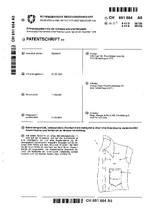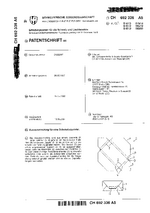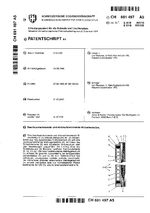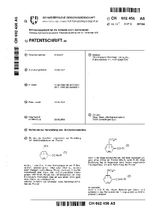IP Academy
Ad hoc information, workshops and courses on how to best protect innovations and creations.
This is the portal for professionals working in the field of intellectual property. Here you'll find direct access to all necessary resources.
A patent is an intellectual property (IP) right for a technical invention. It allows you to prevent others from using your invention for commercial purposes for up to 20 years. You decide who is allowed to produce, sell or import your invention in those countries in which you own a valid patent. You can also trade your patent, e.g. sell it or licence the use of your invention.
You can patent products (e.g. heated ski boots) and processes (e.g. a method for freeze-drying coffee). However, the invention must solve a problem in a new, non-obvious and technical way. In the example of the ski boots, the problem of cold feet while skiing is solved by fitting self-regulating heating elements to the boots.
Once a patent expires, an invention becomes common property and can then be freely used by anyone.
Patents only protect inventions that are novel and inventive at the time of applying for patent protection. However, these two requirements are not checked during the Swiss patent granting procedure. A patent is granted without a guarantee and can therefore be challenged by third parties. For this reason, it is essential that you clarify the novelty of your invention yourself via searches either before or after applying for a patent.
Similarly, you are also responsible for enforcing your patent. The state doesn't monitor for patent infringements. You have to detect any infringement against your patent yourself and defend your rights.
In return for the exclusive right of use of your invention, you must divulge its basic technical concept. Experts can then understand how the invention works and develop the technology further. This way, both patent owners and society benefit from it.
Here are a few examples (in German):




20.02.2026 | Trade Marks, Dienstleistungen - OnlineServices
Completely redesigned classification tool now available to trade mark applicants
...more
12.02.2026 | Media release, News
Cantonal Innovation and Creativity Index (CICI): Zug retains the top spot, while Jura moves up the ranks
...more
30.10.2025 | Law and policy, Event, Copyright
Creativity and AI: how can copyright law cope with change?
...more